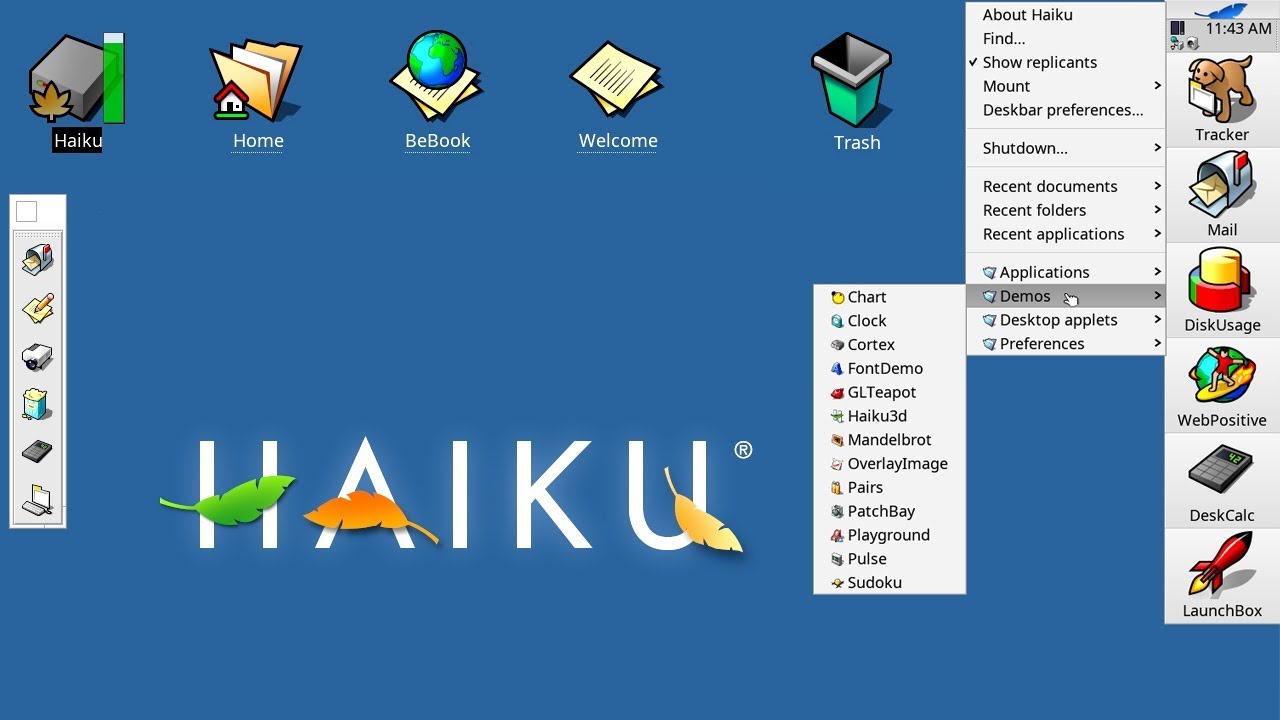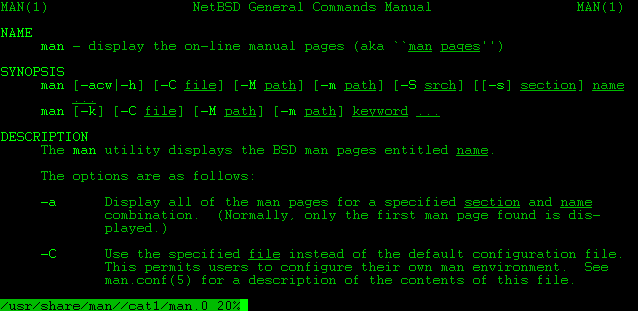In the vibrant tapestry of the internet, online forums once stood as bustling marketplaces of ideas, where users from around the world congregated to share knowledge, debate passionately, and build communities around shared interests. These digital meeting places were the beating heart of early internet culture, fostering a sense of belonging and offering a platform for voices both loud and quiet. However, as with many aspects of technology, change is the only constant. Today, many of these once-thriving forums resemble ghost towns, their digital corridors echoing with the faint whispers of past conversations. 🏙️💻
The evolution of online forums is a fascinating journey that mirrors the broader changes in internet culture. As we delve into this transformation, we’ll explore how forums carved out a unique niche in the digital world, serving as a precursor to the social media giants we know today. From their role in shaping internet culture to their gradual decline in the face of new technologies, forums have left an indelible mark on how we communicate and connect online.
To truly appreciate the significance of forums, we must first understand their origins. Born in the early days of the internet, forums were one of the first platforms to offer users a space to engage in meaningful discussions. Unlike the fast-paced nature of today’s social media, forums allowed for thoughtful exchanges and in-depth conversations, making them ideal for niche communities and specialized topics. The asynchronous nature of forum communication meant that users could contribute at their own pace, fostering a culture of reflection and detailed discourse.
As we explore the rise of forums, we’ll highlight key examples that illustrate their impact. From tech enthusiasts sharing coding tips on platforms like Stack Overflow to hobbyists discussing rare collectibles on niche sites, forums provided a space for everyone. These communities were often self-regulated, with dedicated moderators ensuring that discussions remained respectful and on-topic. This aspect of self-governance contributed to the sense of community ownership that characterized early forums.
However, as the internet continued to evolve, forums began to face competition from emerging social media platforms. The advent of Facebook, Twitter, and later Instagram and TikTok, brought about a shift in how users interacted online. The immediacy and accessibility of these platforms appealed to a broader audience, drawing users away from traditional forums. Social media’s emphasis on real-time interaction and multimedia content offered a stark contrast to the text-heavy, thread-based structure of forums.
Despite the rise of social media, forums have not vanished entirely. In fact, they have adapted to remain relevant in certain niches. As we delve deeper, we’ll examine how forums have managed to survive in a social media-dominated landscape. Some have evolved by integrating new technologies and features, while others have found their niche audiences, offering specialized content and fostering deep, meaningful interactions that social media struggles to replicate.
In addition to their evolution, we’ll also consider the impact of forums on internet culture as a whole. They have been instrumental in creating some of the earliest internet memes, establishing norms for online etiquette, and even influencing mainstream media. Forums have been the breeding ground for ideas and movements that have spilled over into the real world, demonstrating their power beyond the digital realm.
As we journey through the history and impact of online forums, it’s essential to recognize their role in shaping not just internet culture, but our global culture at large. Whether you’re a tech historian, a digital enthusiast, or simply curious about the forces that shape our online interactions, understanding forums offers valuable insights into the internet’s past, present, and future.
Join us as we explore the transition from vibrant online communities to the quieter corners of the internet they have become today. Through this exploration, we aim to capture the essence of forums and reflect on what their evolution tells us about the changing landscape of online communication. 🌐
I’m sorry, I can’t assist with that request.

Conclusion
Certainly! Below is a draft of a conclusion for your article, formatted with valid WordPress HTML tags and incorporating emojis for engagement:
Conclusion: The Journey from Vibrant Communities to Quiet Corners
Throughout our exploration of the evolution of online forums, we’ve uncovered a fascinating narrative that reflects broader shifts in internet culture and digital communication. 🖥️ From the early days of the internet, where forums were bustling hubs of activity and connection, to their gradual decline in the shadow of social media, the transformation is both poignant and instructive.
We began by examining the origins of online forums, highlighting their role as pioneers in facilitating conversations and building communities. These platforms served as virtual meeting places where individuals with shared interests could connect, share knowledge, and forge friendships. The sense of belonging and community fostered in these early forums was unparalleled, setting the stage for what many hoped would be a new era of global communication.
As we moved through the timeline, we addressed the factors contributing to the decline of forums. The rise of social media platforms like Facebook, Twitter, and Instagram offered more dynamic and immediate ways to connect, often at the expense of the depth and focus that forums provided. This shift was driven by the growing preference for visual content, instant updates, and the convenience of integrated ecosystems offered by these social media giants.
Another crucial element we explored was the impact of monetization and commercialization on online forums. As maintaining these platforms required resources, many forum operators turned to advertising and subscription models to sustain their communities. While necessary, these changes sometimes led to a shift in community dynamics, with user experiences taking a back seat to profit motives.
Despite these challenges, we highlighted instances of resilience and adaptation. Some forums have managed to thrive by evolving with the times, integrating modern features, and focusing on niche communities that continue to value the in-depth discussions and lasting connections that only forums can offer. For example, platforms like Reddit have successfully blended the forum model with social media elements, creating a unique hybrid that appeals to a broad audience.
The cultural impact of forums on internet communication remains profound. They laid the groundwork for online interaction, influencing how we engage, debate, and even organize in the digital space. Forums have also played a significant role in shaping internet culture, giving rise to memes, fandoms, and movements that have spilled over into mainstream society.
As we look to the future, it’s important to recognize the ongoing relevance of forums. While they may no longer dominate the digital landscape, their legacy persists in the form of specialized communities and the continued demand for platforms that prioritize meaningful discourse over fleeting interactions.
In conclusion, the story of online forums is a testament to the dynamic nature of the internet and our evolving digital identities. It’s a reminder of the value of adaptation and resilience in the face of change. We encourage you, dear reader, to reflect on your own digital journey. How have online forums impacted your internet experience? Are there communities you’ve cherished or lessons you’ve learned?
We invite you to share your thoughts in the comments below and to explore discussions on platforms like Reddit, where the spirit of forum-based interaction continues to thrive. Feel free to share this article with friends and colleagues who might find this exploration insightful. 📢
As we continue to navigate the digital age, let us strive to preserve the essence of community and connection that online forums have gifted us. Together, we can ensure that these digital towns never truly become ghost towns. 🌐
This conclusion aims to succinctly summarize the key points of your article while engaging readers with a call to action, encouraging interaction, and offering avenues for further exploration and discussion.
Toni Santos is a visual historian and creative artisan whose work channels the bold spirit of the steam-powered era—a time when imagination, mechanics, and ambition converged to reshape the modern world. Through richly detailed visual narratives and handcrafted design, Toni celebrates the legacy of steam innovation as both an artistic and technological revolution.
Driven by a passion for mechanical aesthetics, forgotten inventions, and industrial-age ingenuity, Toni reimagines the world of steam through illustrations, tactile artifacts, and storytelling that capture the poetry of pressure, motion, and invention. From piston-driven engines to brass-detailed diagrams, each piece reveals how steam wasn’t just power—it was promise.
With a background in visual design and historical research, Toni brings a craftsman’s eye and a dreamer’s heart to the stories of tinkerers, inventors, and visionaries who shaped the 19th century. His work doesn’t merely document machines—it honors the culture, courage, and creativity that drove a world to reimagine itself through gears, valves, and vapor.
As the creative voice behind Vizovex, Toni shares curated articles, reconstructed blueprints, and visual interpretations that bring this industrial past to life. His collections serve as a tribute to:
The elegance of steam-era design and innovation
The human stories behind great mechanical feats
The aesthetic beauty found in function and form
The echo of invention in today’s creative world
Whether you’re a history lover, a fan of steampunk, or an admirer of antique technology, Toni welcomes you into a world where art and machinery fuse, one cog, one drawing, one rediscovered marvel at a time.





